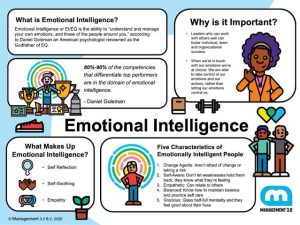When someone says she’s not an emotional person, as if being emotional is a badge of honor, it’s only one, though important, part of the problem. The other reason is our spiteful but unconscious desire to downplay feelings because we do not fully understand them. The result of both approaches is the same, more or less emotionally persistent pain, forcing us to invent enemies and have reactions that are out of proportion to what is happening to us at the moment. It is a feedback loop.
It is not uncommon for a friend to say she is feeling depressed, she may have depression, and if it is a medical condition, she needs intervention, but it is also possible for her to be sad, pensive, sad, or sad.
It is also not uncommon for a female colleague to say she suffers from anxiety. Again, this may be true, and calls for proportionate attention, but it may also be fear, anxiety, or apprehension. She could also be dealing with some fears or nervousness.
Likewise, we feel that we are merely a rejection or disapproval of something or someone while the real feelings can be disgust, aversion or disgust that we do not acknowledge. Likewise, envy and jealousy are not the same thing but both carry messages for us: what we cannot have and what we have but are afraid of losing.
While shame tells us that we have violated a societal code, our guilt is more private, it is about our violation of our moral code. It’s not so much about what we did, it’s more about who we think we are. Embarrassment, of course, is more manageable.

